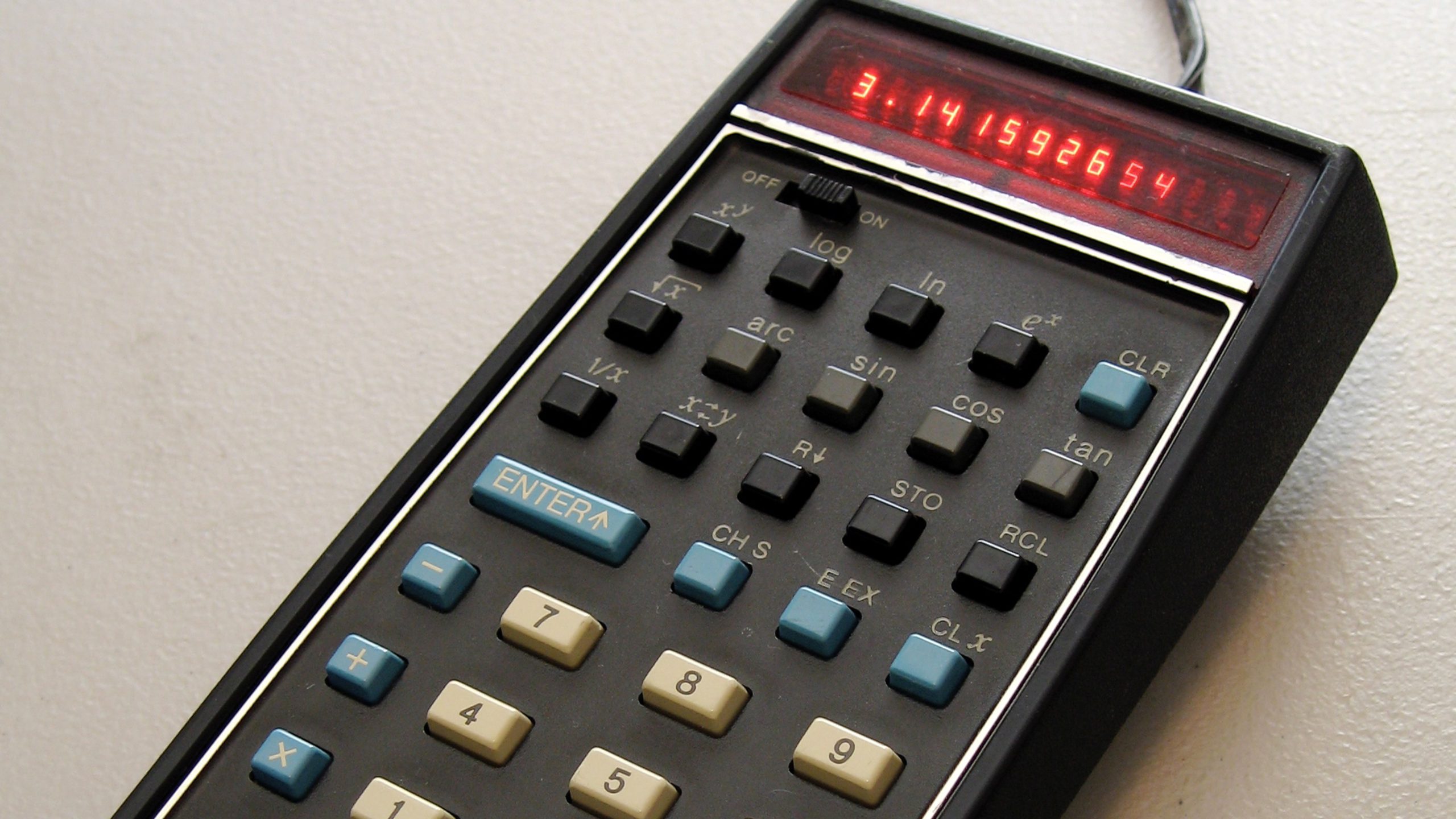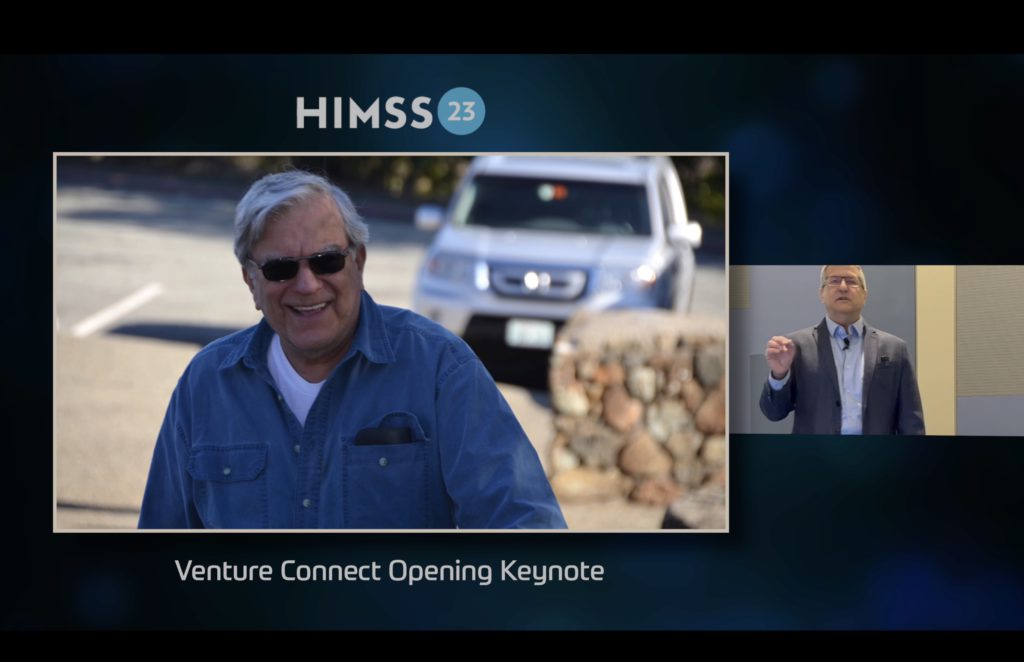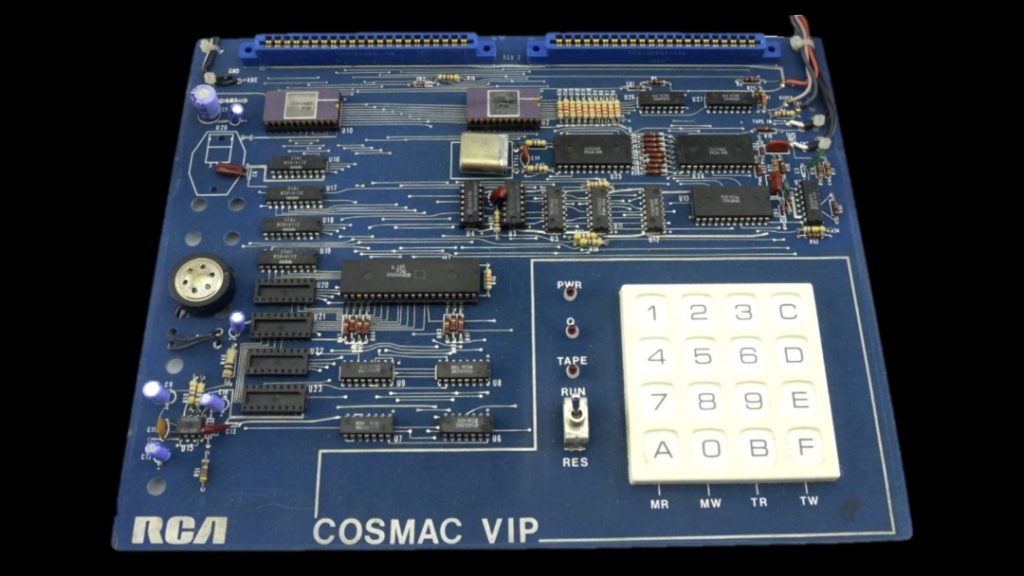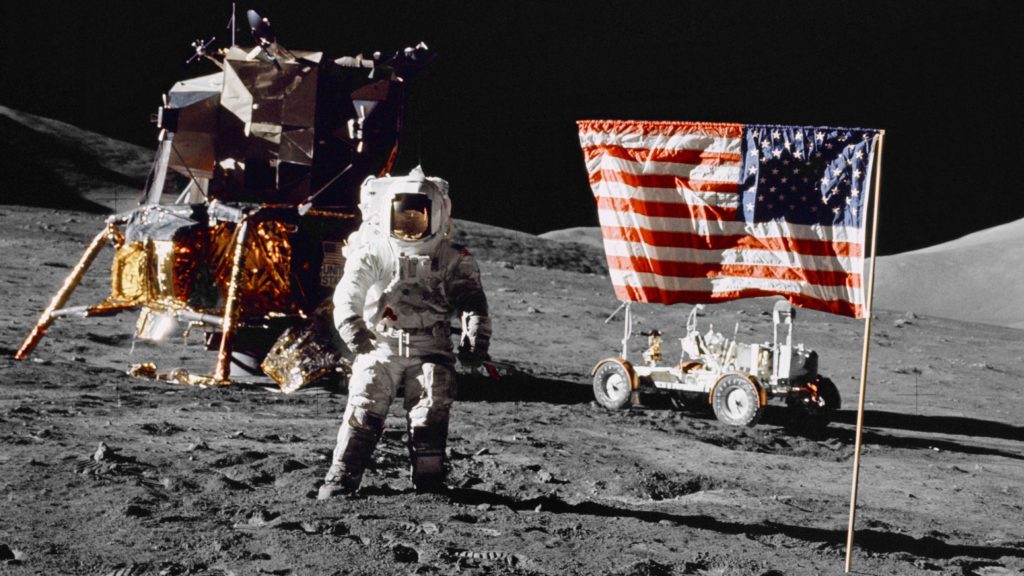How Childhood Experiences Shape Career Aspirations
Watching SpaceX launch Starship and discussing Generative AI and OpenAI’s ChatGPT these past few weeks brought back memories of life when I was younger. Do you remember what you wanted to be when you were young? For many of us, our childhood dreams were shaped by the experiences and influences around us. For some, it was watching their favorite superhero on TV, for others it was playing with their favorite toys. For me, it was the space program.
I vividly remember watching humans walk on the moon and tugging at my dad’s pant leg. I told him, “Dad, when I’m your age, I’m going to be walking on the moon.” It was so logical for me, so achievable in my young mind. Of course, that dream didn’t come true, but what did happen was my dad brought home a piece of Space Age Tech that changed my life.
In 1972, my dad brought home the HP 35, the first scientific calculator you could buy. It cost about $400 then, which is equivalent to about $3,000 today. My dad didn’t want to get in trouble, so he made us come into his bedroom where he had it plugged into the wall. He said, “Look, you can touch it, but only with one finger and the other hand behind your back.”

I was so enamored by this device. I asked it a simple question, “What’s 7 times 7?” and it gave me the answer. Then, I asked it a more difficult question, “What’s 12 times 12?” and it gave me the answer again – it even seemed like it was thinking about it. I was blown away. I had this moment where I thought to myself, “What if I ask it a question I don’t know the answer to?” So, I typed in 123 times 123 and it gave me an answer. At 7 years old, I didn’t know if it was right, but I knew it was shocking.
I asked my dad, “How does it do it?” He told me, “They take pictures of wires and shrink them down, put them on a thing called a chip, and put the chip inside the calculator. The chip does the math.” I asked him, “How can wires think?” He didn’t know the answer, which was the first time in my entire existence. It made me think the world’s probably a lot bigger place full of new surprises and ideas.
My dad also told me that computers made it possible for humans to travel to the moon. It enabled us to do something we couldn’t do on our own. I fell in love with this idea. I couldn’t wait for the future.

Looking back, that early experience with the HP 35 calculator shaped my career aspirations. My dad inspired me to pursue a career in technology, to work with wires and chips, to make the impossible possible. It’s amazing how childhood experiences can shape our lives in ways we never imagine.
Five years later, my dream of becoming an astronaut came to an end when I realized I didn’t have perfect vision, a requirement to be a pilot and then an astronaut at the time. I was devastated, but my dad knew just what to do. He brought home a new piece of technology, one of the first home computers you could build with a soldering iron, the RCA Cosmac VIP:

I fell in love with it and learned how to program a device to do what I asked it to do. The thought of that was remarkable then, and it’s still remarkable today. The calculator and this early computer paved the way for my career in technology.
Eager to see where the space program, computers or AI is going? Stay tuned to these pages.
